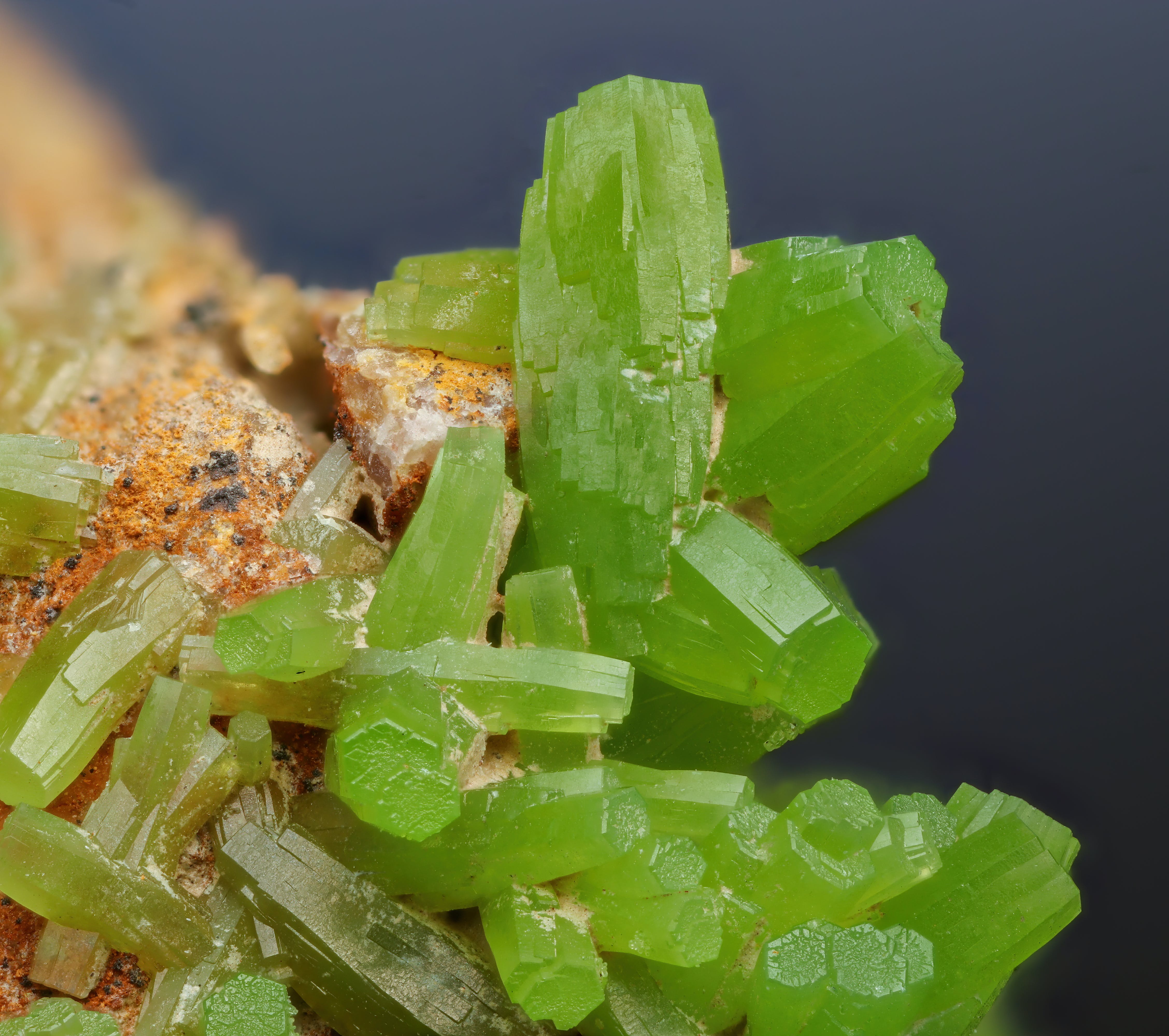
Essential Nutrients in Animal Fats: A Scientific Perspective
In this post we will go over some essential nutrients contained in animal fats and provide a scientific perspective on the subject.
Introduction
In recent years, there has been a resurgence of interest in traditional dietary components, including animal fats. Contrary to popular belief, these fats can offer a plethora of essential vitamins and minerals vital for maintaining optimal health. While moderation is key, understanding the nutritional benefits of animal fats can provide valuable insights into crafting a balanced diet. In this article, we delve into the essential nutrients found in various types of animal fats, supported by scientific research and studies.
Vitamin A
Animal fats, particularly those from sources like liver, egg yolks, and butter, are rich in vitamin A. This fat-soluble vitamin plays a crucial role in maintaining healthy vision, supporting immune function, and promoting cell growth and differentiation. Studies have highlighted the importance of vitamin A in preventing various diseases, including night blindness and certain infections [1].
Vitamin D
Often dubbed the “sunshine vitamin,” vitamin D is essential for bone health, immune function, and overall well-being. Fatty fish like salmon, mackerel, and sardines are excellent sources of vitamin D, as are egg yolks and certain animal liver. Research suggests that adequate vitamin D intake may reduce the risk of chronic diseases such as osteoporosis, cardiovascular diseases, and certain cancers [2].
Vitamin K2
Found in abundance in animal fats, particularly in liver and fermented foods like cheese and butter, vitamin K2 plays a crucial role in bone metabolism and cardiovascular health. Studies have demonstrated its ability to improve bone mineral density and reduce the risk of coronary heart disease [3].
Omega-3 Fatty Acids
While often associated with plant-based sources like flaxseeds and walnuts, omega-3 fatty acids are also present in animal fats, particularly in fatty fish such as salmon, trout, and herring. These essential fatty acids are renowned for their anti-inflammatory properties and their role in supporting cardiovascular health, cognitive function, and mood regulation [4].
Choline
An essential nutrient critical for brain development, liver function, and muscle movement, choline is abundant in animal fats such as egg yolks, liver, and beef. Research suggests that adequate choline intake during pregnancy may contribute to healthy fetal brain development [5].
Iron
While predominantly found in lean meats, certain animal fats like liver and red meat are excellent sources of heme iron, the most bioavailable form of iron. Iron is vital for oxygen transport, energy metabolism, and immune function. Ensuring adequate iron intake can help prevent iron deficiency anemia and its associated health complications [6].
Selenium
Animal fats, particularly from seafood like shrimp, sardines, and tuna, are rich sources of selenium. This essential mineral plays a crucial role in antioxidant defense, thyroid function, and immune regulation. Studies have shown that selenium deficiency is associated with an increased risk of certain chronic diseases, including cancer and cardiovascular diseases [7]. Incorporating a variety of animal fats into a balanced diet can provide a spectrum of essential vitamins and minerals necessary for optimal health. However, it’s essential to emphasize the importance of moderation and mindful consumption. Pairing animal fats with a diverse array of fruits, vegetables, whole grains, and legumes can help create a well-rounded and nutritious diet.
As with any dietary recommendations, individual needs and preferences may vary. Consulting with a healthcare professional or registered dietitian can provide personalized guidance on incorporating animal fats into your diet while ensuring overall nutritional adequacy.
Taurine
Found primarily in animal tissues, taurine is an amino acid-like compound known for its role in various physiological processes, including bile salt formation, cardiovascular function, and eye health. While the human body can synthesize taurine to some extent, dietary intake remains important. Animal fats, particularly in meats like beef, pork, and lamb, provide a significant source of dietary taurine [8]. Research suggests that taurine supplementation may offer benefits in cardiovascular health, diabetes management, and neurological function [8].
References:
- https://ods.od.nih.gov/factsheets/VitaminA-HealthProfessional/
- https://ods.od.nih.gov/factsheets/VitaminD-HealthProfessional/
- https://pubmed.ncbi.nlm.nih.gov/15514282/
- https://www.ncbi.nlm.nih.gov/pmc/articles/PMC3262608/
- https://pubmed.ncbi.nlm.nih.gov/29357233/
- https://ods.od.nih.gov/factsheets/Iron-HealthProfessional/
- https://www.ncbi.nlm.nih.gov/pmc/articles/PMC3793502/
- https://www.ncbi.nlm.nih.gov/pmc/articles/PMC3501277/


